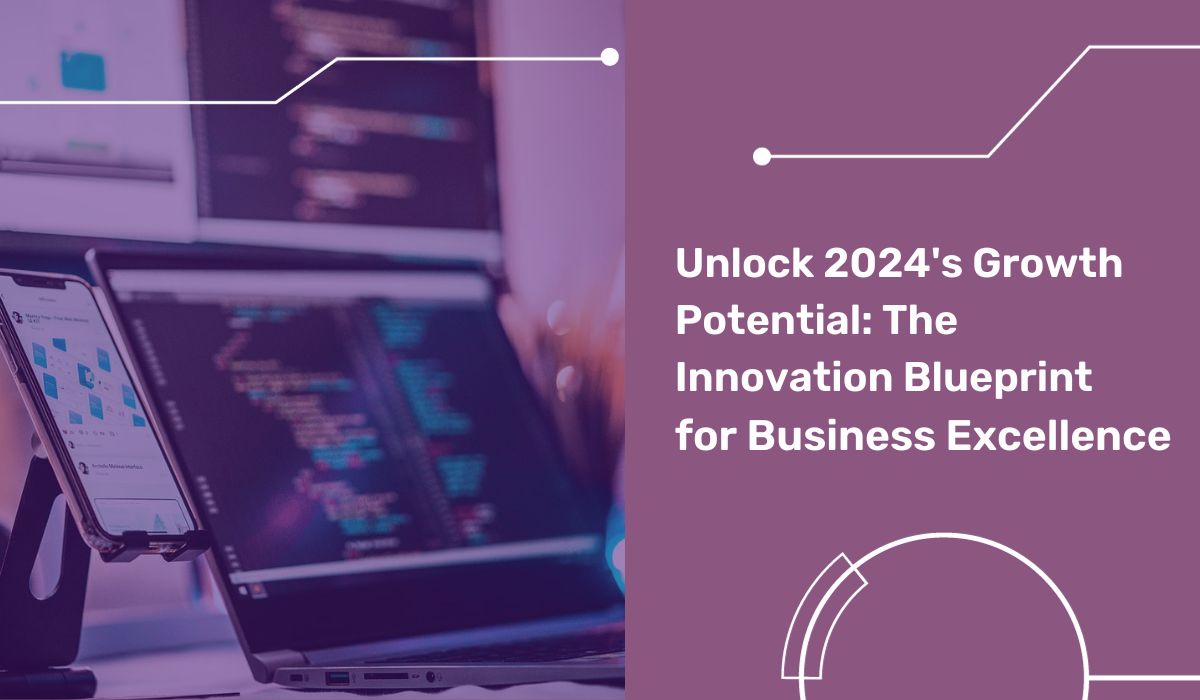
In the preceding year, 2023, the information technology (IT) industry bore witness to remarkable strides in technologies such as Generative AI (GenAI), Digital Twins, the Internet of Things (IoT), and Machine Learning (ML). These advancements positioned organizations to attain sustainable excellence across diverse sectors. As we turn our gaze to 2024, the convergence of emerging technologies, sustainability imperatives, and evolving consumer preferences promises to redefine the realms of business and innovation. Notably, a report underscores that a staggering 87% of organizations anticipate digital technology disruptions in their industry, though only half of them feel adequately prepared for the imminent change. This dynamic presents a compelling opportunity for IT leaders to democratize technology, enhance accessibility and sustainability, and invest in transformative innovations that engender shared value within ecosystems.
Anticipate a groundbreaking development in 2024 with the integration of GenAI into everyday applications, from search engines to office software. This integration is poised to unveil GenAI's full potential as a super-smart hyper-automation engine. Capable of assuming routine tasks such as information retrieval, scheduling, compliance management, and project organization, GenAI is set to elevate productivity and efficiency for individuals. Forecasts suggest that by 2024, hyper-automation, in tandem with other technologies, could automate work activities consuming 60-70% of employees' time. This transformative leap holds significant implications for sectors including software engineering, research and development, customer operations, marketing, and sales.
In the rapidly evolving landscape, organizations are fervently exploring avenues to augment customer service and spur growth. Embracing hyper-automation technologies, including AI-powered tools, Natural Language Processing (NLP), chatbots, and virtual assistants, emerges as a promising avenue. This strategic adoption enables organizations to provide highly personalized customer experiences, streamline operations, and liberate employees for more value-added tasks. As we enter 2024, the amalgamation of AI, ML, and IoT is set to revolutionize operations across sectors like IT, manufacturing, electronics, and semiconductors.The year 2024 is a catalyst for accelerated digital transformation, permeating industries from automotive manufacturing to supply chain management. Augmented reality (AR) promises to slash downtime through remote troubleshooting and training, while blockchain integration ensures transparent and secure supply chains. Projections indicate that the Industry 4.0 market is set to surge from USD 94.42 billion in 2023 to USD 241.58 billion by 2028.
The synergy of digital transformation, big data analytics, and digital twins is anticipated to refine business efficiency and decision-making processes through predictive maintenance and process optimization.As competition intensifies, organizations turn their gaze towards customers to fuel innovation. Market projections anticipate the global customer experience management market to burgeon at a CAGR of 16.6%, reaching $52.54 billion by 2030. In 2024, customer-centric innovation takes center stage, with retail giants leveraging advanced AI algorithms to craft personalized shopping experiences. Simultaneously, collaborative ecosystems gain prominence as organizations form partnerships with startups, research institutions, and governments, fostering innovation through open models like crowdsourcing. This collaborative ethos is projected to contribute significantly to market share and revenue growth.
As we step into the new year, organizations are urged to fortify themselves against unforeseen disruptions, be it a global economic slowdown or geopolitical turmoil. Resilient supply chain management and disaster recovery planning emerge as linchpins for navigating an ever-changing world. In the IT sector, particularly, global organizations must embrace resilient models to weather uncertainties. Experimentation, learning from failure, and sustainability are emphasized as key tenets for building agility and ensuring long-term viability.Organizations poised for success in 2024 and beyond must embrace change and innovation across the entire value chain. From digitalization to sustainability, the path to business excellence demands continual evolution and adaptation. By prioritizing resilience, investing in collaborative ecosystems, and remaining agile in the face of uncertainties, organizations can navigate the transformative landscape and usher in a future of sustained business excellence.